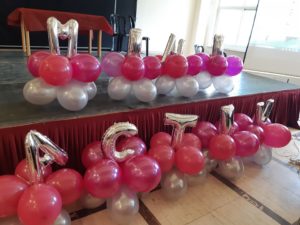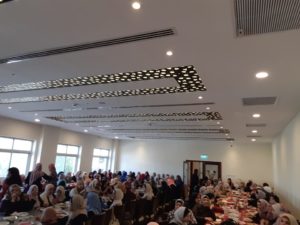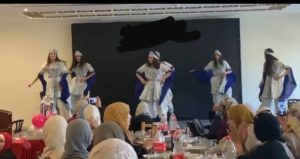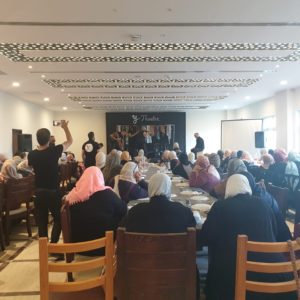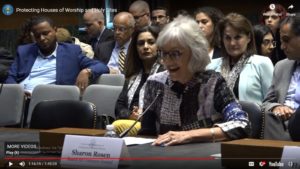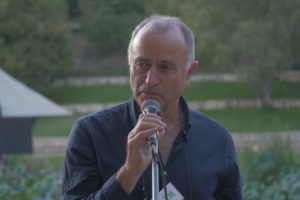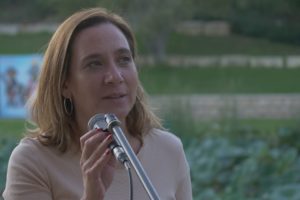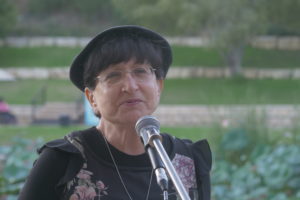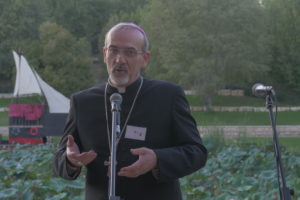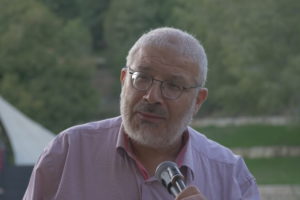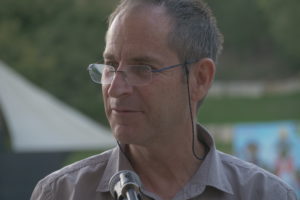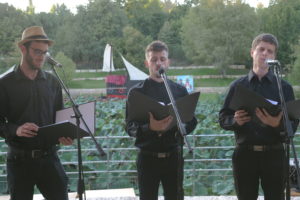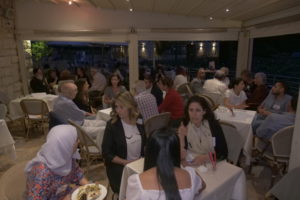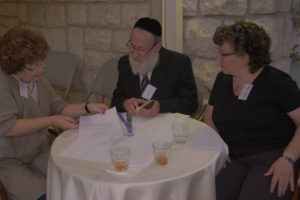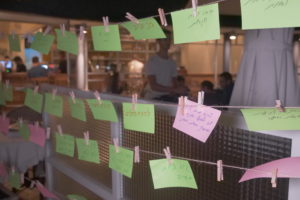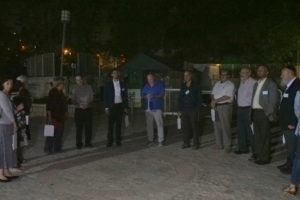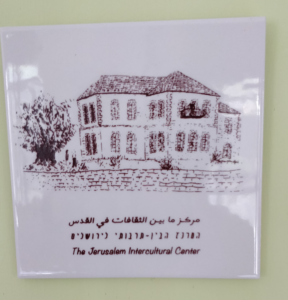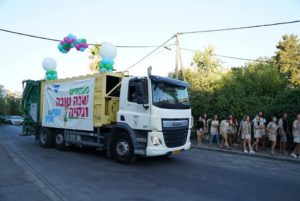MiniActive – Kickoff Event
On October 24 we held an opening event for 150 MiniActive women. The evening was filled with cultural performances, from debka dancing to poetry to playback theater.
The evening sought to thank the women for their hard work over the years, and served to launch the new activity year.
There was good dancing.
The women enjoyed playback theater, where an improv group performed humorous sketches with audience participation. The program also included poetry readings.
We showed a year-end video, with highlights from last year. Here’s the video / presentation:
Here’s the post from the MiniActive Facebook page:
Many thanks to the Jerusalem Foundation and Natan for their support of MiniActive!

